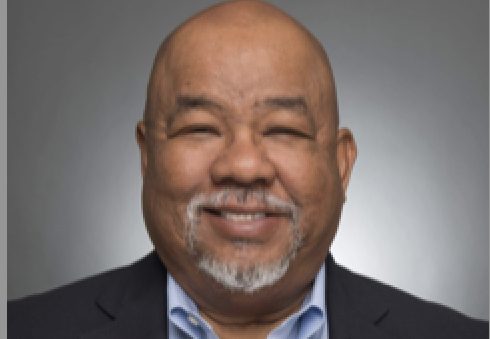
Women Vets on Point, a program dedicated to getting better mental healthcare to Los Angeles County’s female veterans of the armed forces. The group says that women vets have unique needs when it comes to their health, which are not often addressed. Now, with the launch of their new website, www.womenvetsonpoint.org, women vets can get easier and better access to things like food, housing and healthcare.
“While approximately 20,600 women veterans call Los Angeles County their home, there are few programs that work to bring these women together and provide them with the right mental health resources,” said WVOP members.
According to the most recent health stats, Los Angeles County is home to approximately 20,600 women veterans, the fourth-highest population of any U.S. county. Women veterans are more likely to die by suicide than women who did not serve in the military, and, in a 2011 survey, 46 percent of women veterans in California reported a current mental health problem.
“WVoP is led by women veterans,” they said, “including Kristine Stanley, who served in the Air Force for 24 years. “
“I want my fellow women veterans to know they are not alone,” said Stanley, program coordinator.
“I know they may feel invisible or forgotten, or that no one realizes they’ve served. That all changes with Women Vets on Point. If they have ever put on a uniform, this program is for them.”
Many of the challenges faced by women veterans are distinct from those faced by male veterans or other women, and these challenges may be poorly understood by the public. According to Stanley, some people assume that women veterans can’t have experienced trauma if they didn’t serve in a traditional combat role. Another common misconception is that women veterans’ challenges are related only to military sexual trauma.
WVOP is the result of a partnership with U.S. Vets and the Education Development Center, which, using its experience with tech tools, helps the program facilitate effective mental health treatment, members said.
“There are very few programs tailored specifically for women who served,” said EDC project director Erin Smith.
“EDC’s research enables us to recommend solutions for some of the challenges women veterans may face. The bottom line is that earlier access to treatment can mean higher quality of life. And we know how to help women engage with treatment in ways that work with all of the other responsibilities they are carrying.”
According to organization officials, at www.womenvetsonpoint.org, women veterans can:
- Connect with a WVoP team member. Team members listen to women’s stories and help them find mental health care providers who have experience working with women veterans on challenges related to post-traumatic stress disorder, military sexual trauma, domestic violence, and more.
- Get referrals for services that can assist with legal, employment, housing, and child care needs.
- Hear stories of hope and recovery from other women veterans.
- Locate tools and resources to help them better understand their symptoms.
“Women Vets on Point knows what misconceptions are out there,” said Stanley. “And we know that the needs of women who served have not been sufficiently addressed. Women Vets on Point is going to make serious changes for women in this community and hopefully make the journeys of women veterans easier in the future.”







